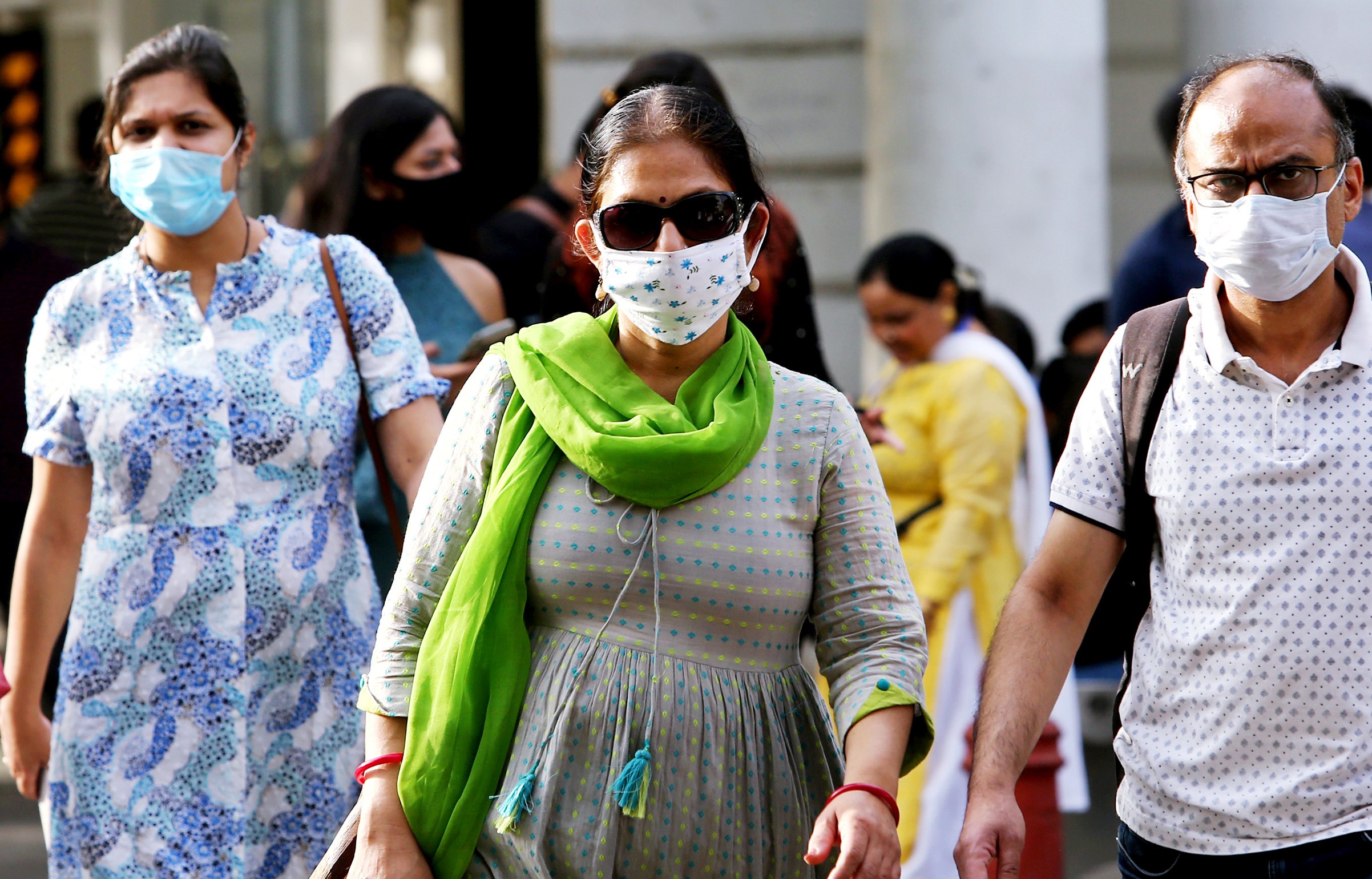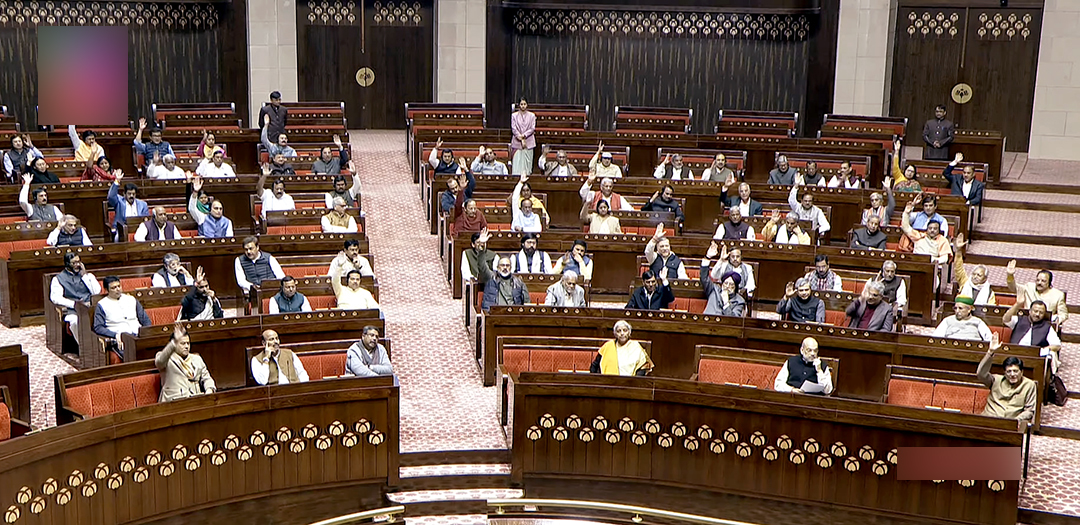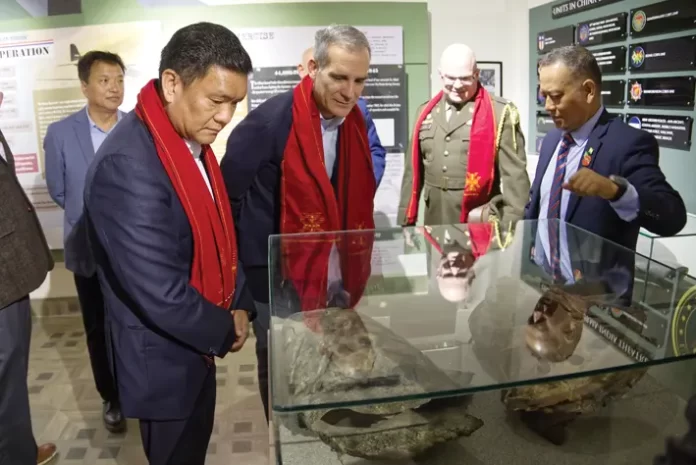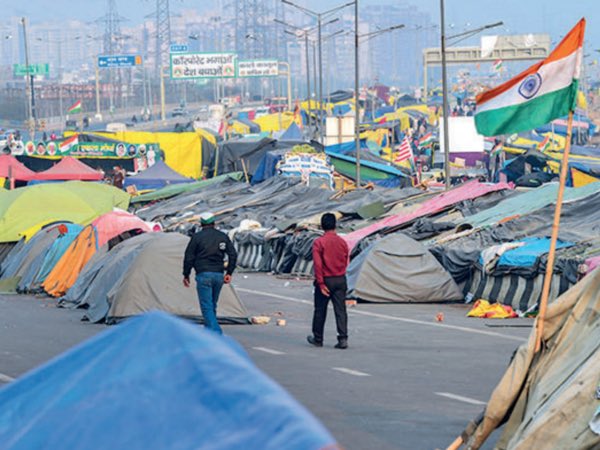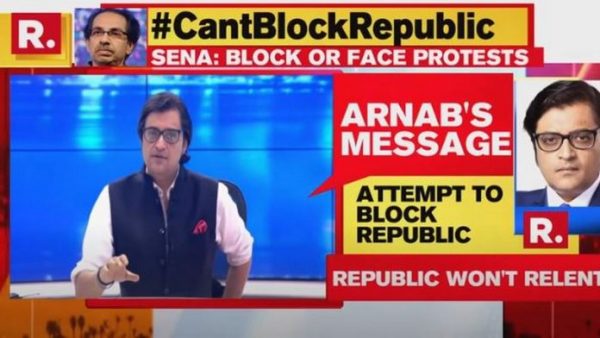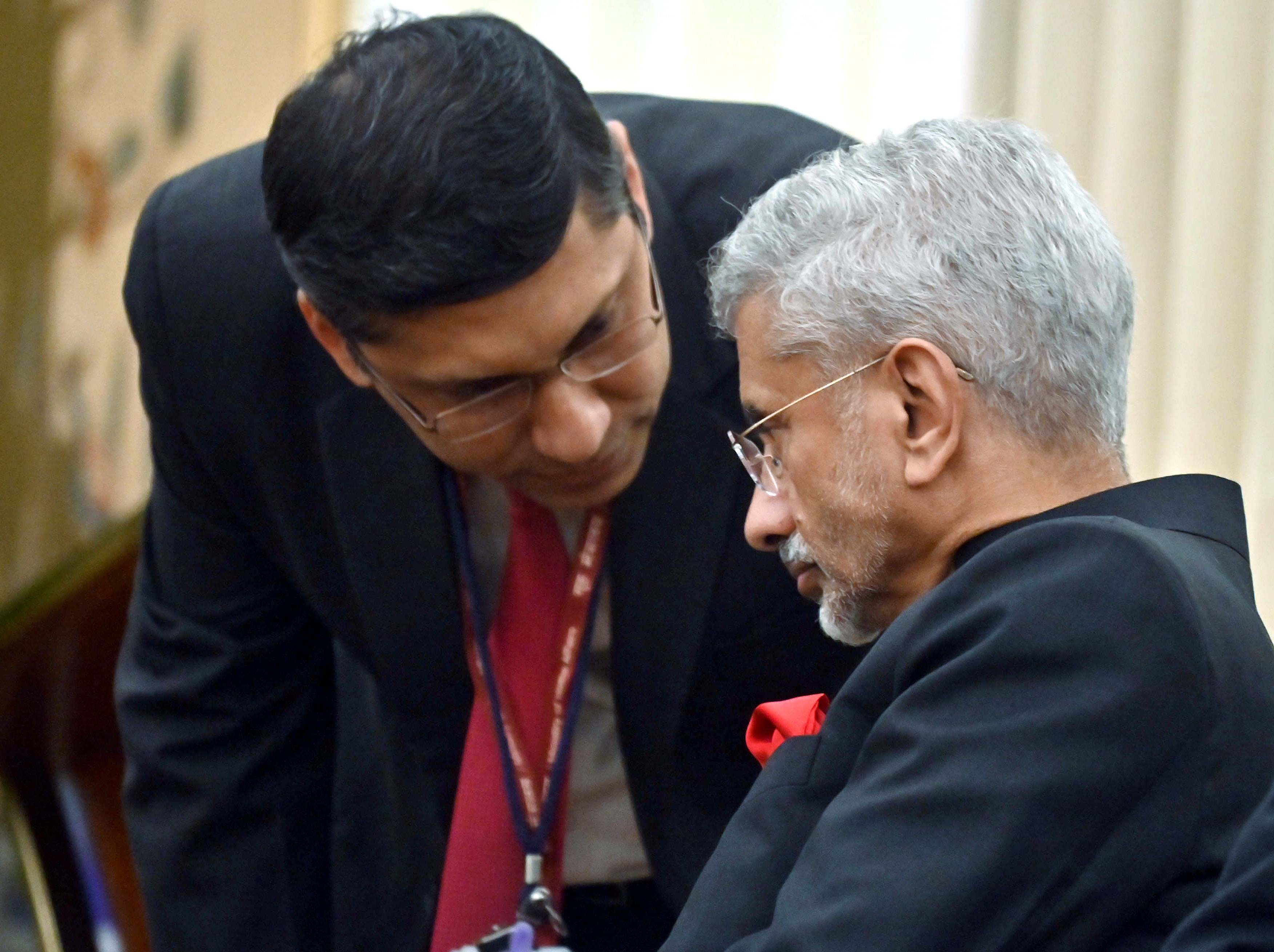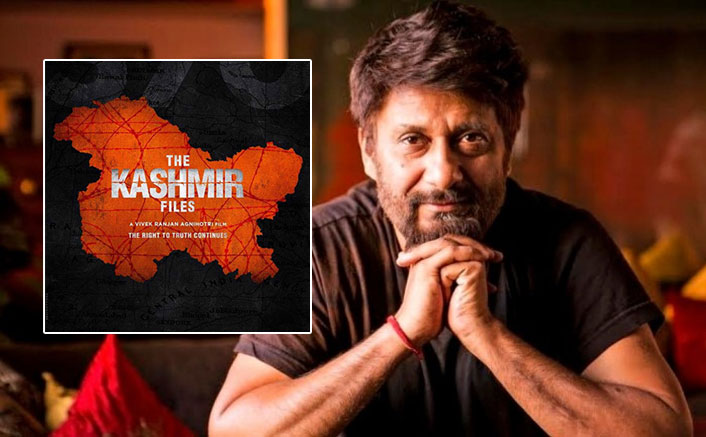Health Ministry says that the validity and robustness of the models used and methodology of data collection are questionable
Our Bureau
Geneva/New Delhi
New estimates from the World Health Organization (WHO) show that the full death toll associated directly or indirectly with the COVID-19 pandemic between 1 January 2020 and 31 December 2021 was approximately 14.9 million (range 13.3 million to 16.6 million). According to the WHO report, more than 4.7 million people in India are thought to have died because of COVID-19.
India has strongly objected to the use of mathematical models by the WHO for projecting excess mortality estimates concerning coronavirus and has said that authentic data is available. The Director General of the Indian Council of Medical Research (ICMR) Dr Balram Bhargava on Thursday said the country has systemic data pool and it does not need to rely on “modelling, extrapolations and press reports” for ascertaining COVID-related death.
Dr Bhargava said, “When we had COVID deaths occurring, we did not have a definition of deaths. Even WHO did not have one. If one gets positive today and dies after two weeks, will it be COVID death? Or the dies after two months or six months – will it be COVID death?” “So, for that definition, we looked at all the data and we came to the conclusion that 95 per cent of the deaths that occurred after testing positive for COVID-19 were occurring in the first 4 weeks. So, a cut-off of 30 days was laid for the definition of death,” he stated.
DR Bhargava laid emphasis on systemic data instead of modelling exercises to ascertain COVID deaths.
“We have such large amounts of data. We have data of more than 97-98 per cent of 1.3 billion who have been vaccinated with the first dose and nearly 190 crores vaccine doses have been used. So, all that is systematically collected. Once we have this systematic data, we do not need to rely on modelling, extrapolations and taking press reports and utilizing them for putting into a modelling exercise,” stressed DG ICMR.
Rereferring to excess mortality estimates, the Health Ministry said in a statement that the validity and robustness of the models used and methodology of data collection are questionable.
Lashing out for projecting excess mortality estimates, Dr VK Paul, Member-Health, NITI Aayog, speaking to ANI said, “Unfortunately, in spite of our emphatic writing, rational communication at the ministerial level, they have chosen to use the number that is based on modelling assumptions– one size fits all kind of assumptions.”
Dr Paul said that India has been telling WHO that the country does not agree with the methodology followed by India. “We understand that this report has covered what they label as excess mortality, in the year spanning COVID19. India has been telling WHO via diplomatic channels with data that we don’t agree with the methodology followed for us,” he added.
All India Institute of Medical Sciences in New Delhi Director Randeep Guleria objected to the WHO’s approach and gave three reasons for it. “I have objections and I will give three reasons for that. India has a very robust system of birth and death registration which has been going on for decades. We know it works very well and that data is available,” said Guleria.
AIIMS Director further said that data should be used to see the number of excess deaths that happened during this time and excess deaths that could be attributable to COVID and WHO didn’t use that data.
“Secondly– data that WHO used is more on hearsay evidence– what’s there in media or unconfirmed sources. That data is questionable. Modelling on that data isn’t the correct and scientifically right thing to do, especially, when you have data that is more robust,” he said.
Giving the last reason Dr Guleria said India has been very liberal in offering compensation for people who died of COVID, that is, there is a very open manner.
“So, even if there were excessive deaths that were COVID related, they would have been recorded because people would have come forward, and their relatives would have come forward for compensation. This has not been the case as far as the numbers that WHO is predicting,” said AIIMS Director.
Further speaking on WHO’s claim on COVID deaths in India, he said that India needs to present the data which is scientific and more on an evidence basis. “So, the prediction seems to be way beyond what actual numbers are and is based on data that is not substantiated. That is why I think that this is something which we, as a country, should object to and we need to present our data which is scientific and more on evidence basis,” he added.
















